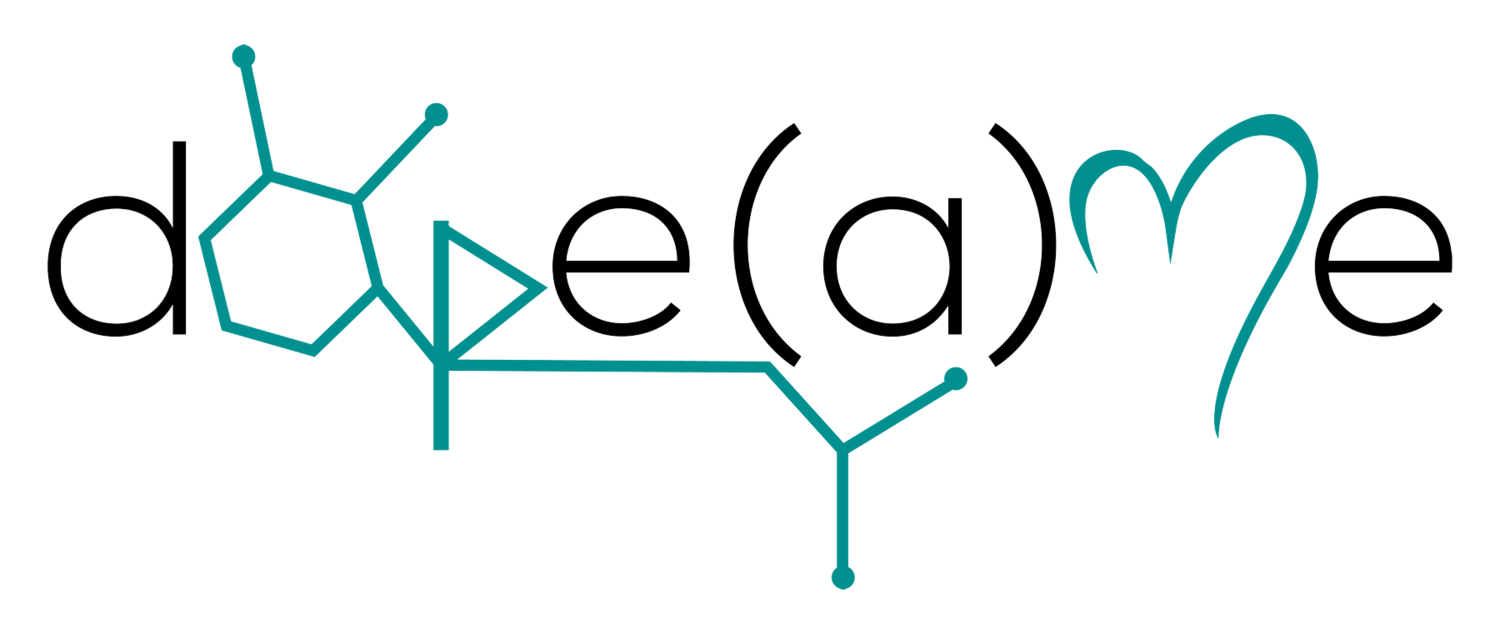For most of my life I have attached meaning and value to the results I get. I would set big goals, work hard (or sometimes not hard), and would find motivation by picturing that sweet reward of achieving the outcome I desired. I wanted that MVP, I wanted that scholarship, I desired that 6-pack, I drooled over the idea of getting that boyfriend, or winning first place in that competition. Sound familiar?
What soon became clear was that achieving that "badge of honor" was a short lived satisfying feeling, followed too soon by depression or feeling of lack. I was constantly looking for things to make me feel better. "Once I get 'x' I will be happy" or "Once 'person X' acknowledges me for this, I will feel complete." Unfortunately, it doesn't work out that way.
In The Happiness Hypothesis, Jonathan Haidt says,
"In the long run, it doesn't much matter what happens to you. Good fortune or bad, you will always return to your happiness set point - your brain's default level of happiness - which was determined largely by your genes."
What this means is, there are no outside rewards that will change your level of happiness long-term. Whether you win the lottery, get that dream job, earn that scholarship, or get that 6-pack, your inner happiness will not stay elevated. In fact, it drops quite quickly and suddenly we are left with everything we thought we wanted, yet that feeling of "lack" or "incompleteness" remains.
So what do we do? How do we elevate our happiness and find pure joy and fulfillment in life without letting go of effort or goals all together??
Haidt goes on to say,
"The level of happiness that you actually experience (H) is determined by your biological set point (S) plus the conditions of your life (i.e., loving relationships, as well as having and pursuing the right goals, in order to create states of flow and engagement) (C), plus the voluntary activities (V) that you do.
H = S + C + V"
I propose to take that a step further and add another point to that equation; Detachment (D)
H = S + C + V + D
What does this mean? Basically, to find happiness in each moment, regardless of outcome, we must live with intention (i.e., effort, goals, actions, growth mindset, etc) without bestowing all of the power into the results you get. Quite the complimentary contradiction.
In the Yoga Sutra's by Patanjali, this balance or dance in life is referred to as Vairagya and Abhyasa. Abhyasa means: to practice, to desire, to color, to put forth effort; while Vairagya means: to let go, to bleach or make pale, to surrender, to detach from the outcome.
As is the case for most things in life, too much of anything is not good for you. Too much effort and desire without the balance of detachment and surrender, will set you up for a life of endless pursuit to fill a hole or gap that seems bottomless. Too much surrender or detachment, without goals and intention, will cause you to float through life disinterested and unable to form lasting relationships or appreciate the beauty and growth that life has to offer.
So play big, take chances, make new connections, allow yourself to fail and learn what it means to be resilient. Strive for the life you want and know that surrendering and accepting what it is right now, without judgement or regret, is the best way to find lasting happiness. Find joy and excitement in the process, in the little things that actually make up the majority of our time on this planet. Start retraining your brain to approach everything as a learner and put effort in each day to get a little stronger, a little wiser, a little less judgmental, a little more detached, and a little more prepared for the obstacles that will arise. One moment at a time.
"What we are today comes from our thoughts of yesterday and our present thoughts build our life of tomorrow. Our life is the creation of our mind" - Buddha

